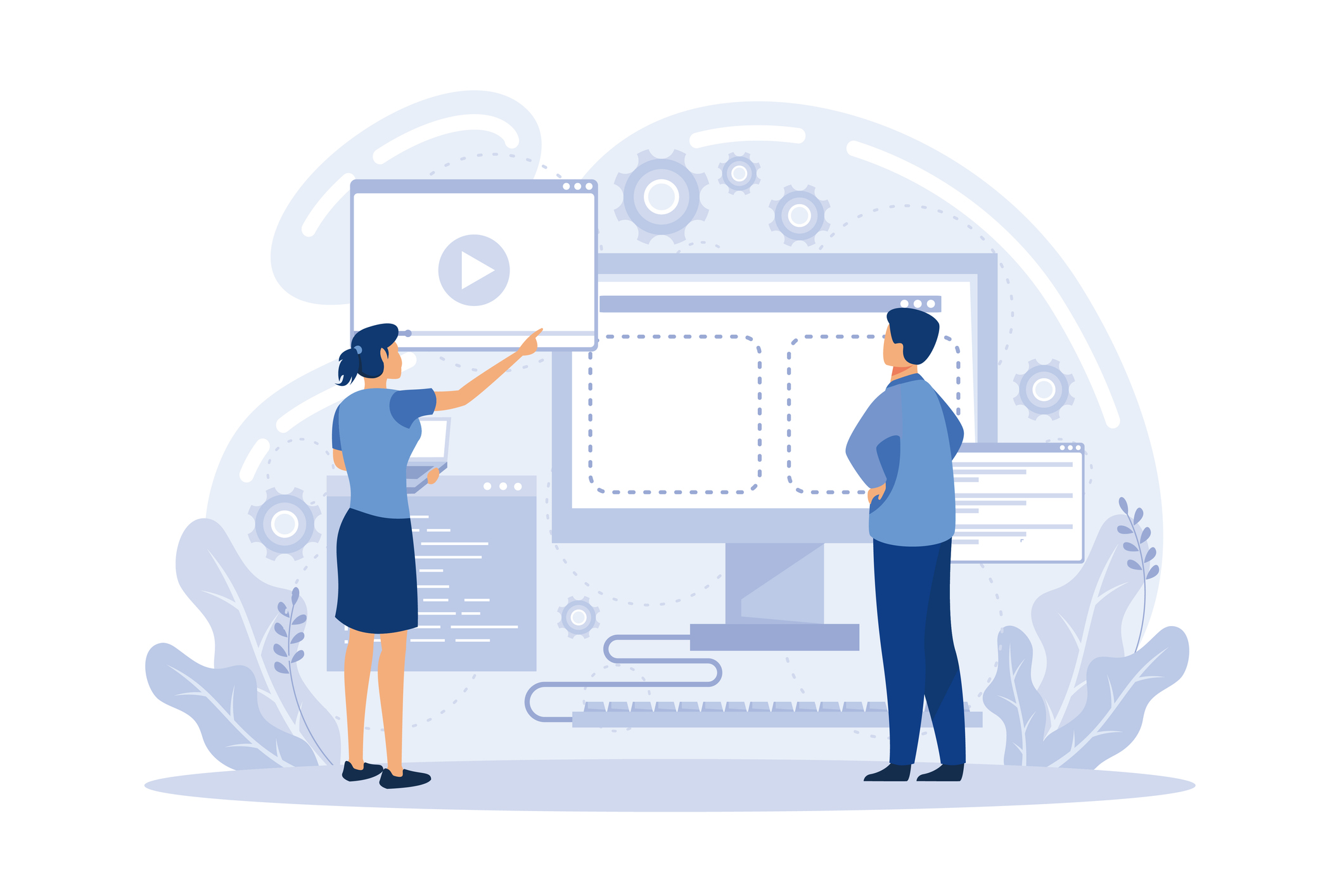Empowering Change: Scaling Data-Driven Initiatives with Low-Code Tools
By Sameer Pise on Thu, Oct 12, 2023

Non-profit organizations’ pursuit of data-driven decision-making remains paramount. Continuing our exploration into the transformative potential of Low-Code/No-Code (LCNC) platforms, this blog builds upon my previous post, “Empowering Data-Driven Non-profits: Overcoming Barriers with Low-Code Platforms.” Here, I delve deeper into three crucial facets that profoundly impact the success and sustainability of non-profit data initiatives.
LCNC platforms, like Sagitec’s Xelence, can bridge the data literacy and usage gaps for non-profits. Each non-profit organization operates with a unique purpose, and its data initiatives must align seamlessly with and enhance its core objectives. While many non-profits have begun processes to collect more data, 46 percent of non-profit professionals said they do not consistently use data to make decisions.
This is a problem as LCNC solutions enable the creation of tailor-made data applications that help to ensure that almost every project works harmoniously toward the organization’s overarching goals. LCNC is shaping the future of non-profit organizations, empowering them to drive positive change in a world that needs it now more than ever.
Here’s how:
Closing the Data Literacy Gap
Challenge
Non-profit organizations frequently encounter data literacy gaps among their staff and volunteers. Many non-profits rely on individuals with varying technical expertise; not everyone may know data analysis and interpretation. This lack of data literacy can impede non-profits’ ability to harness the full potential of their data for informed decision-making.
Solution
One of the key strengths of LCNC platforms is its accessibility to users with a wide range of technical backgrounds. This accessibility minimizes the training requirements for non-profit staff and volunteers, enabling them to actively participate in data-driven initiatives without requiring extensive technical expertise. LCNC simplifies developing data applications and workflows, allowing non-technical users to engage meaningfully in data collection, analysis, and reporting.
Meeting Donor and Stakeholder Expectations
Challenge
Transparency and accountability are mission-critical projects for non-profit organizations. Donors and stakeholders increasingly expect non-profits to demonstrate tangible results and provide clear insights into their activities. This demand for transparency places non-profits under pressure to share data-driven insights that showcase the effectiveness of their initiatives.
Solution
LCNC equips non-profits with powerful data visualization tools that enable them to share real-time progress and outcomes easily. These data visualization tools empower non-profits to create compelling visual representations of their impact, making it easier for donors and stakeholders to understand and engage with the organization’s work. Non-profits can provide evidence-backed insights into their projects, showcasing the value of their contributions and fostering continued support for their mission.
Aligning Data with Mission
Challenge
Maintaining alignment between data initiatives and the core mission is a critical balance. Non-profits must ensure that their data efforts align with their overarching goals and not inadvertently divert resources away from their primary mission-driven activities.
Solution
Non-profit organizations can create customized data applications tailored to capture mission-relevant data points through LCNC platforms. This level of customization ensures that data collection and analysis efforts are intricately aligned with the organization’s core objectives. By allowing non-profits to design data workflows that precisely match their mission, Xelence minimizes the risk of resource diversion while maximizing the value derived from data initiatives.
Conclusion
Low-code platforms remain invaluable tools in overcoming the hurdles that often hinder the journey toward data-driven success. As needs evolve, so do the expectations and demands on non-profits, and embracing these innovative solutions ensures that organizations can meet and exceed those expectations. By harnessing the power of data, non-profits can continue their mission to drive positive change, equipped with the knowledge and tools to thrive in an increasingly data-centric landscape.
You May Also Like
These Related Stories

Empowering Data-Driven Non-profits: Overcoming Barriers with Low-Code Platforms

Streamlining Workflows: Time and Project Efficiency with Low-Code/No-Code Platforms



No Comments Yet
Let us know what you think